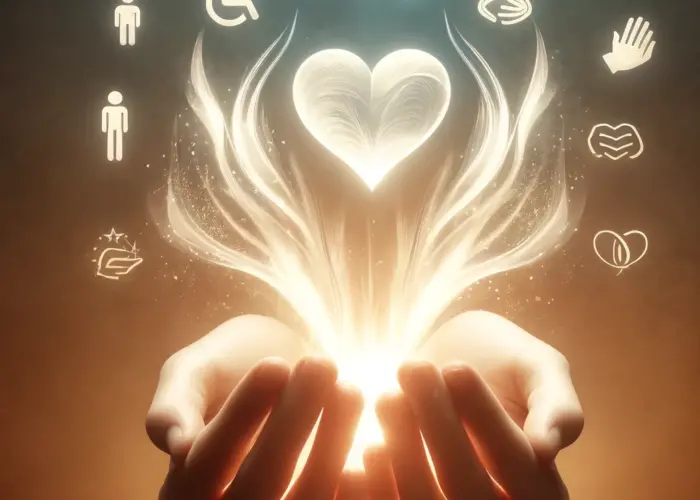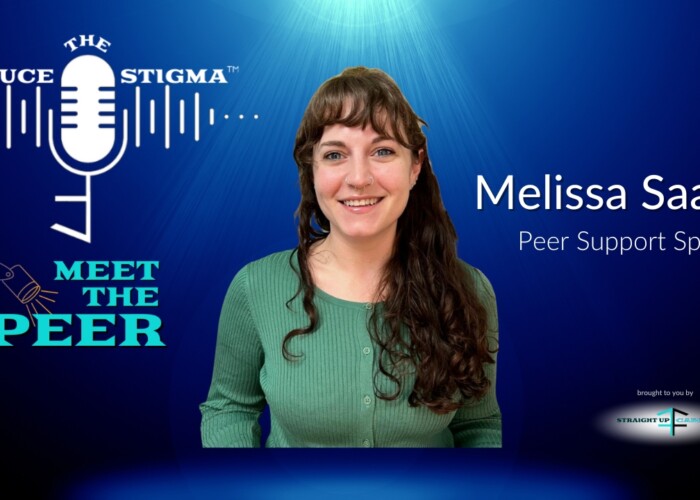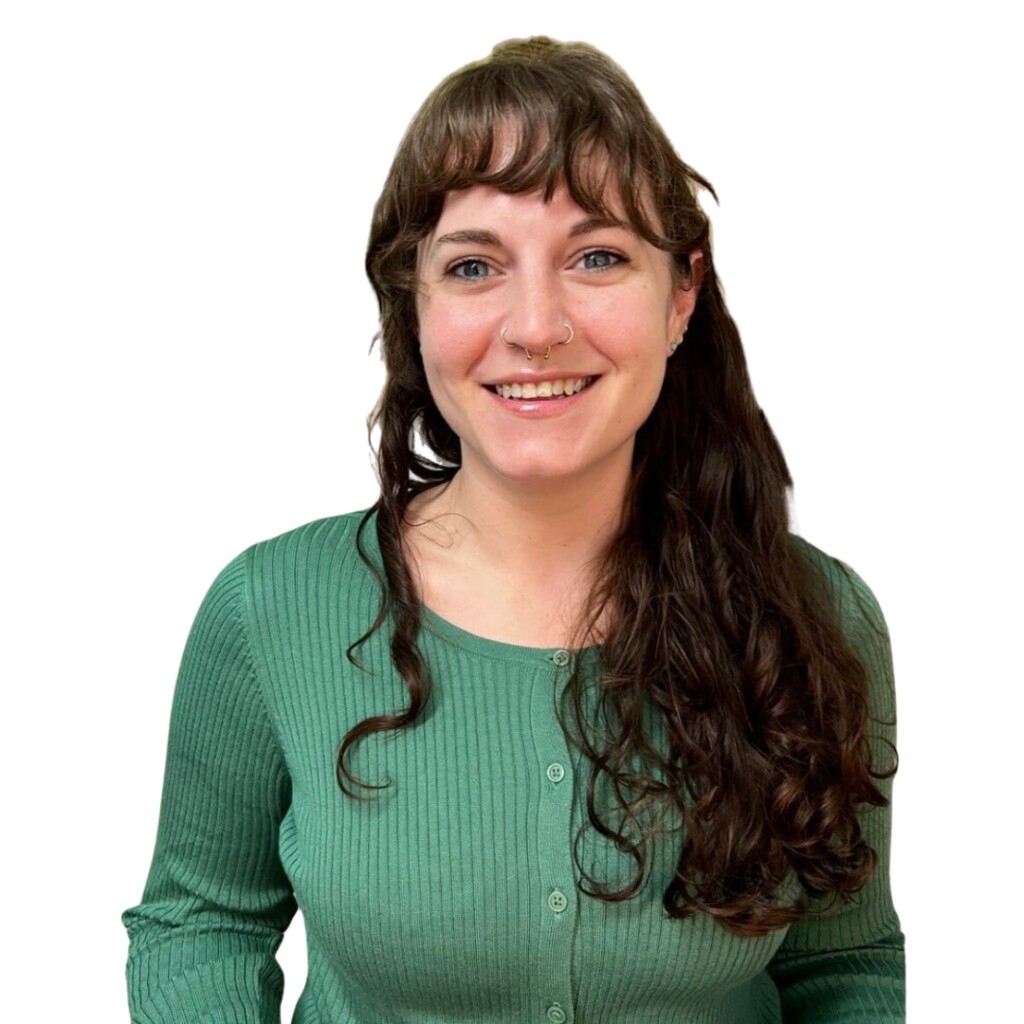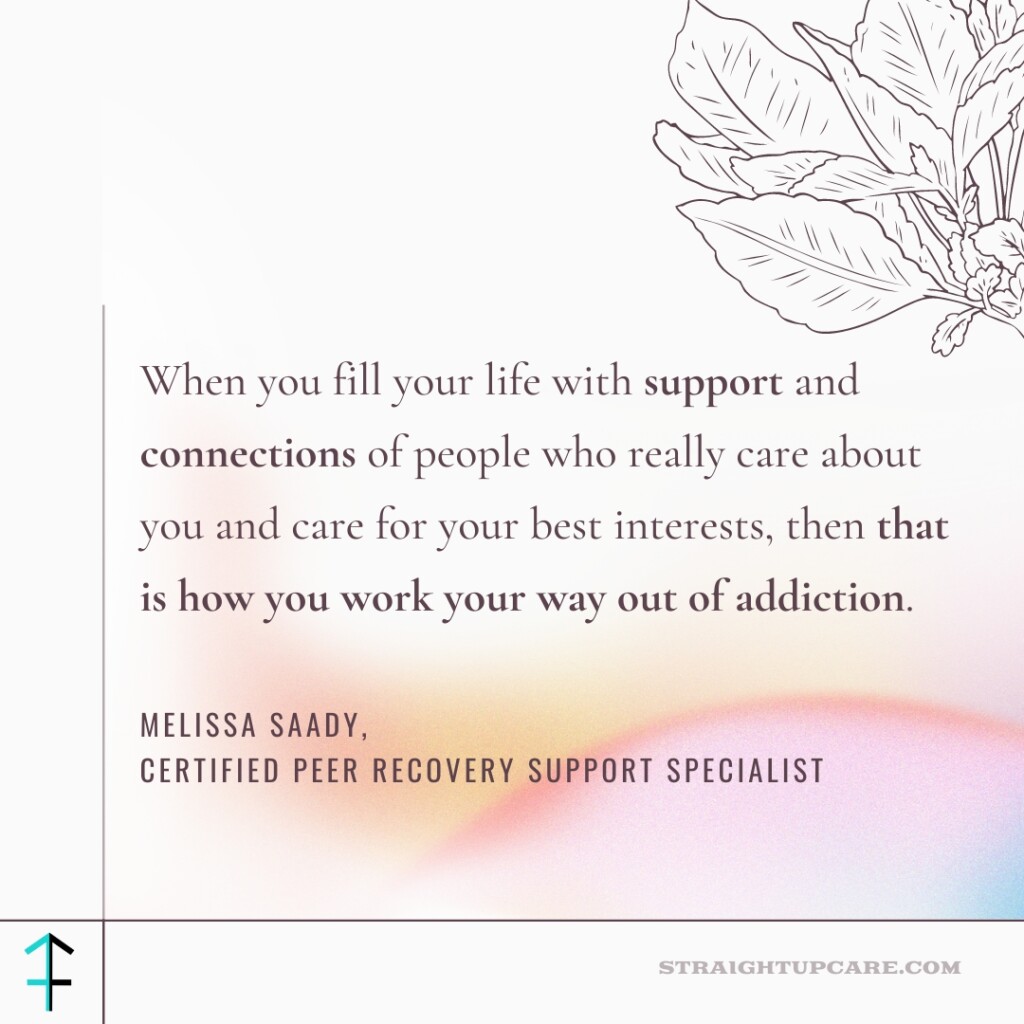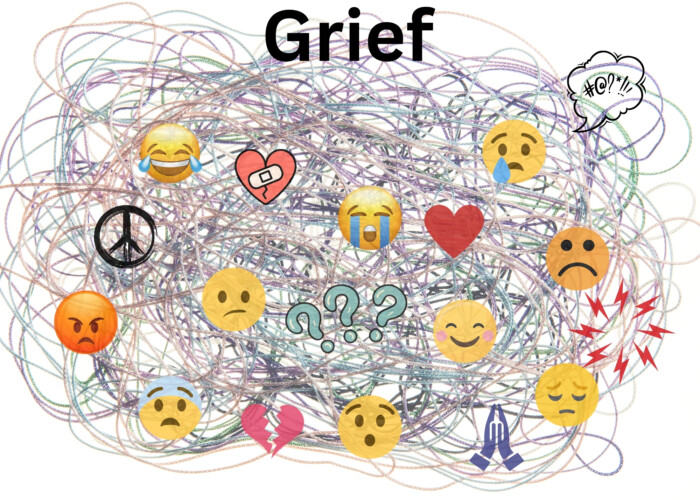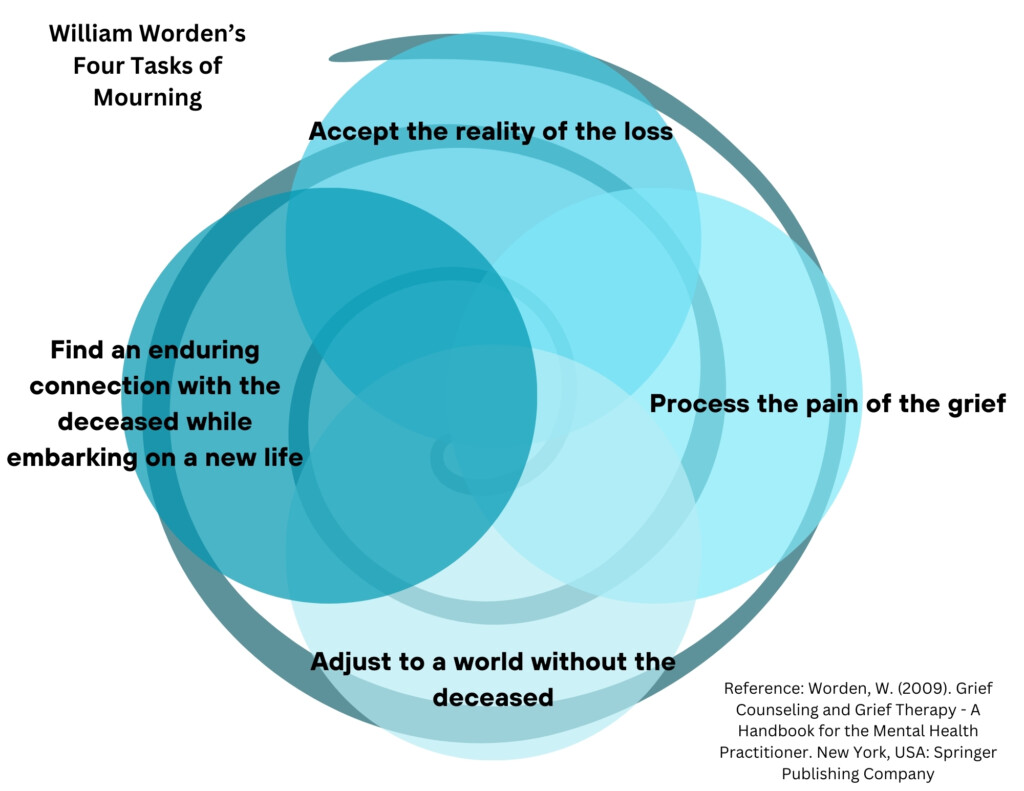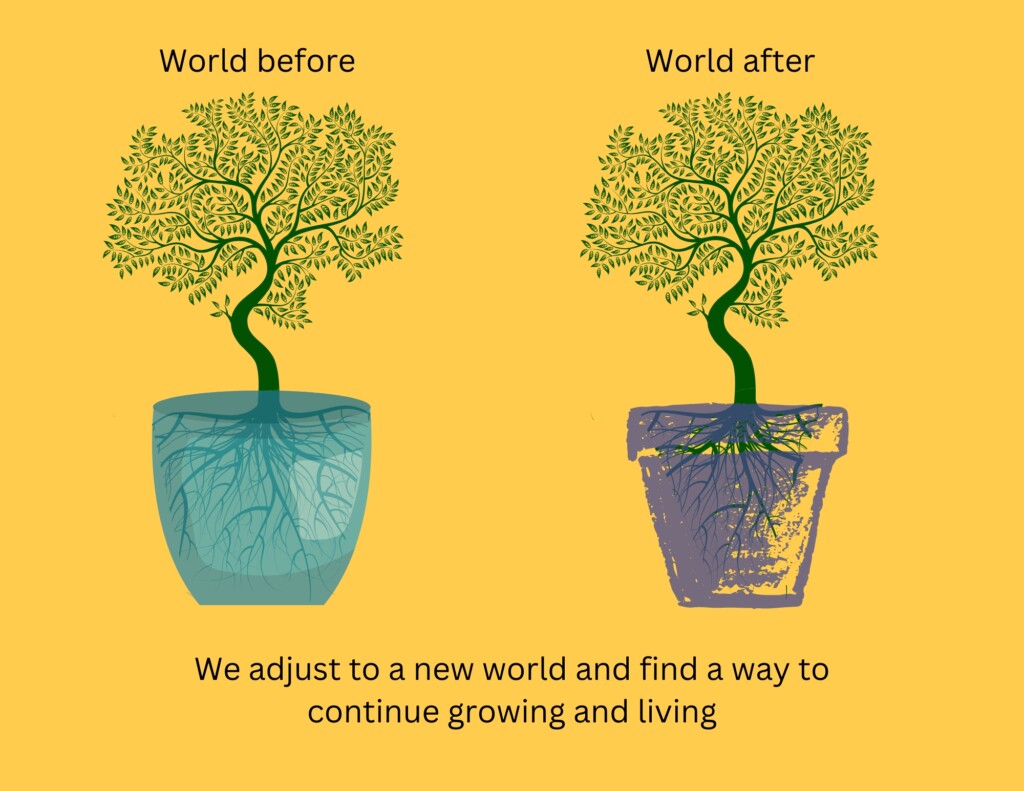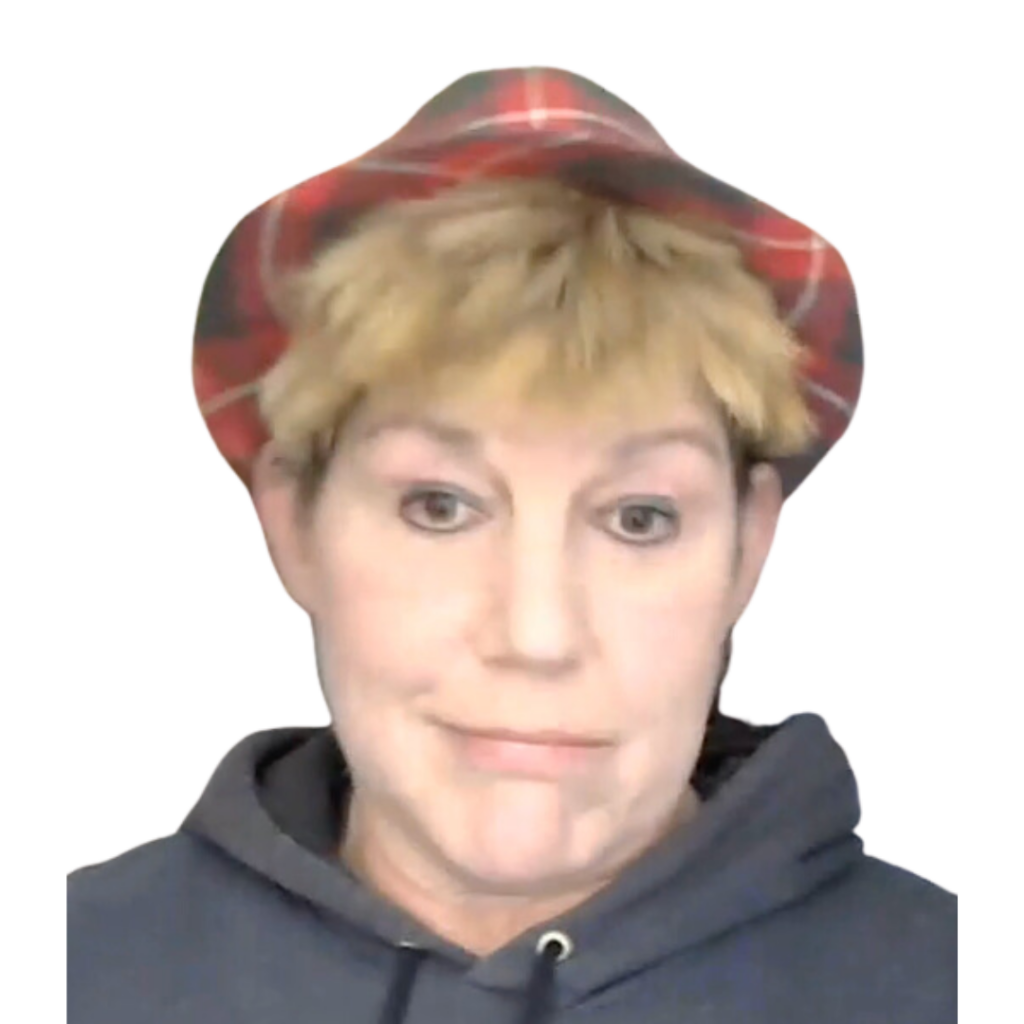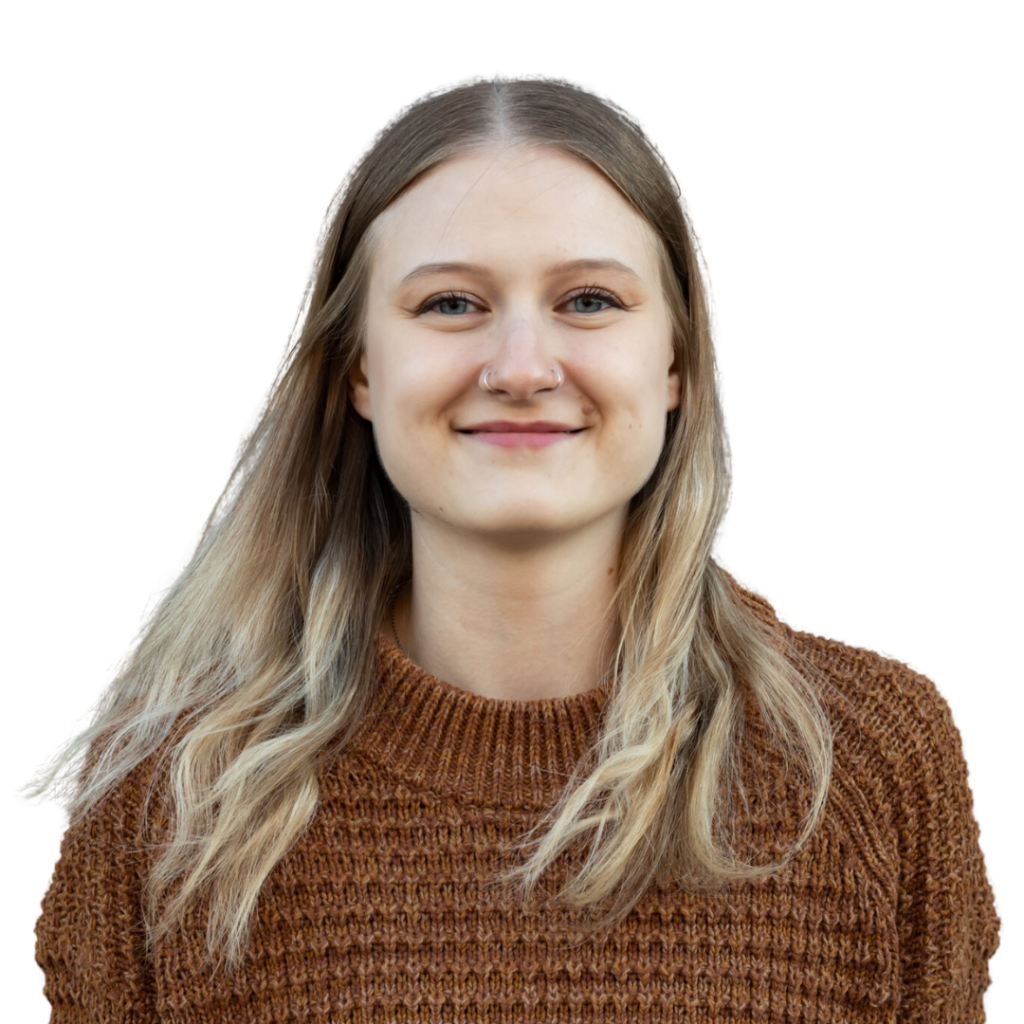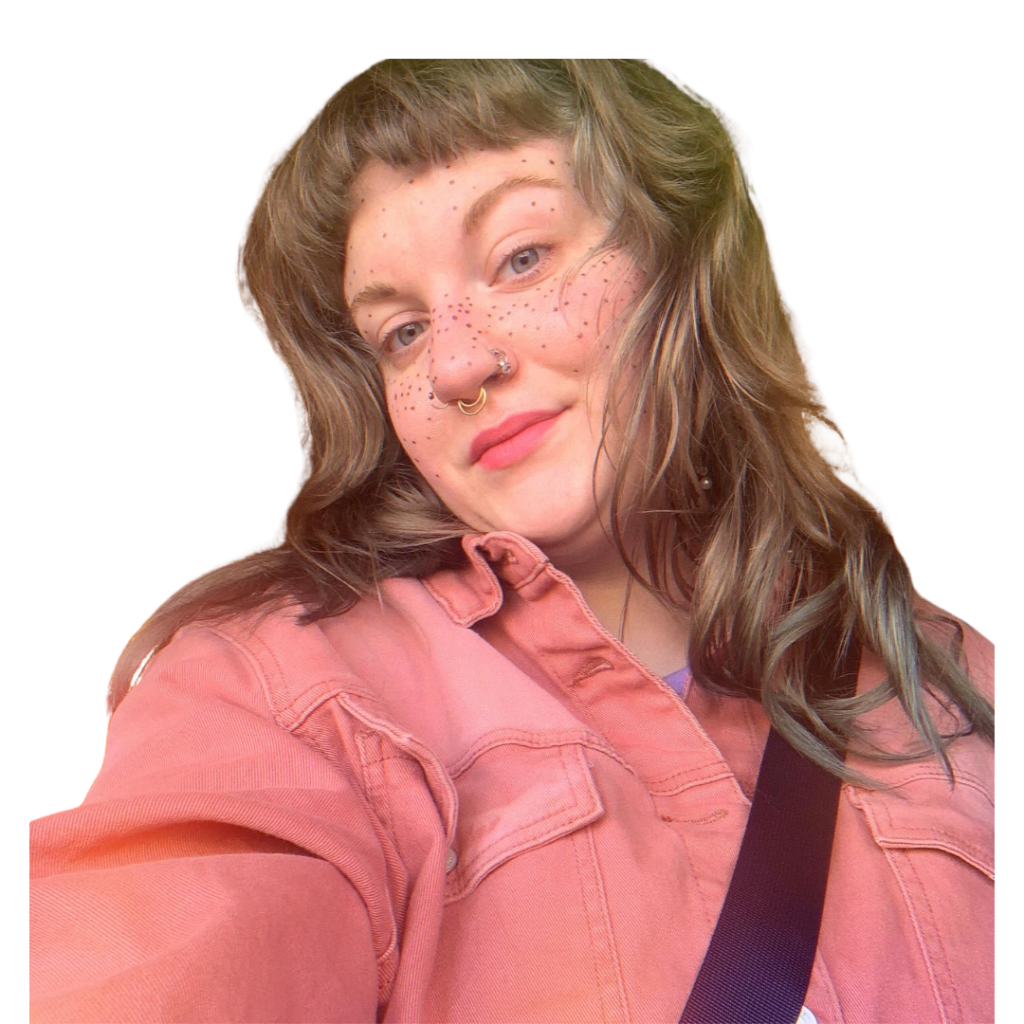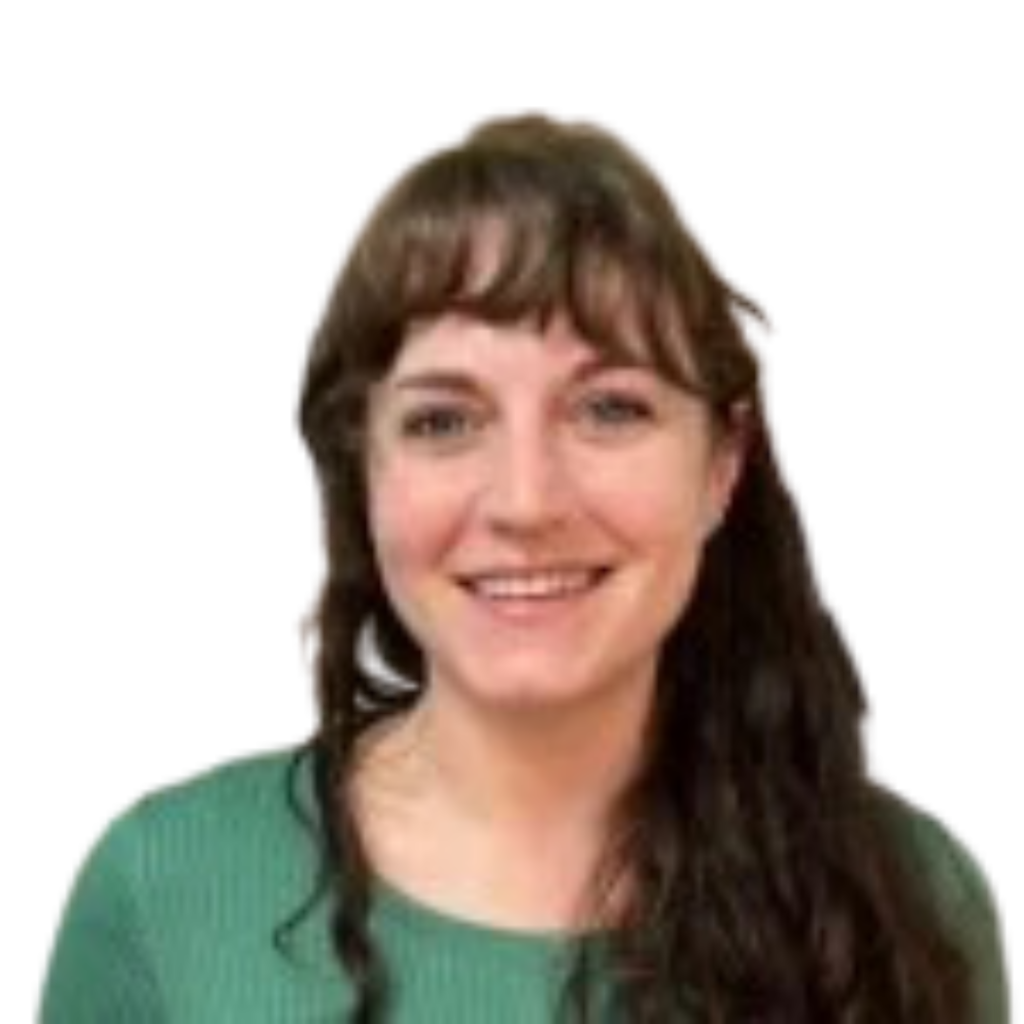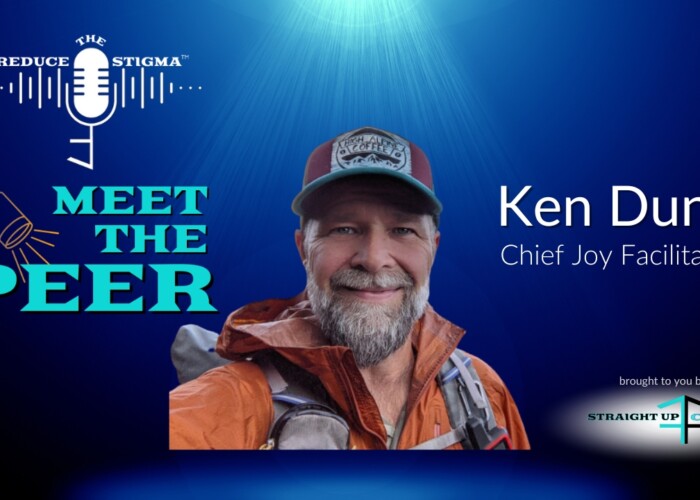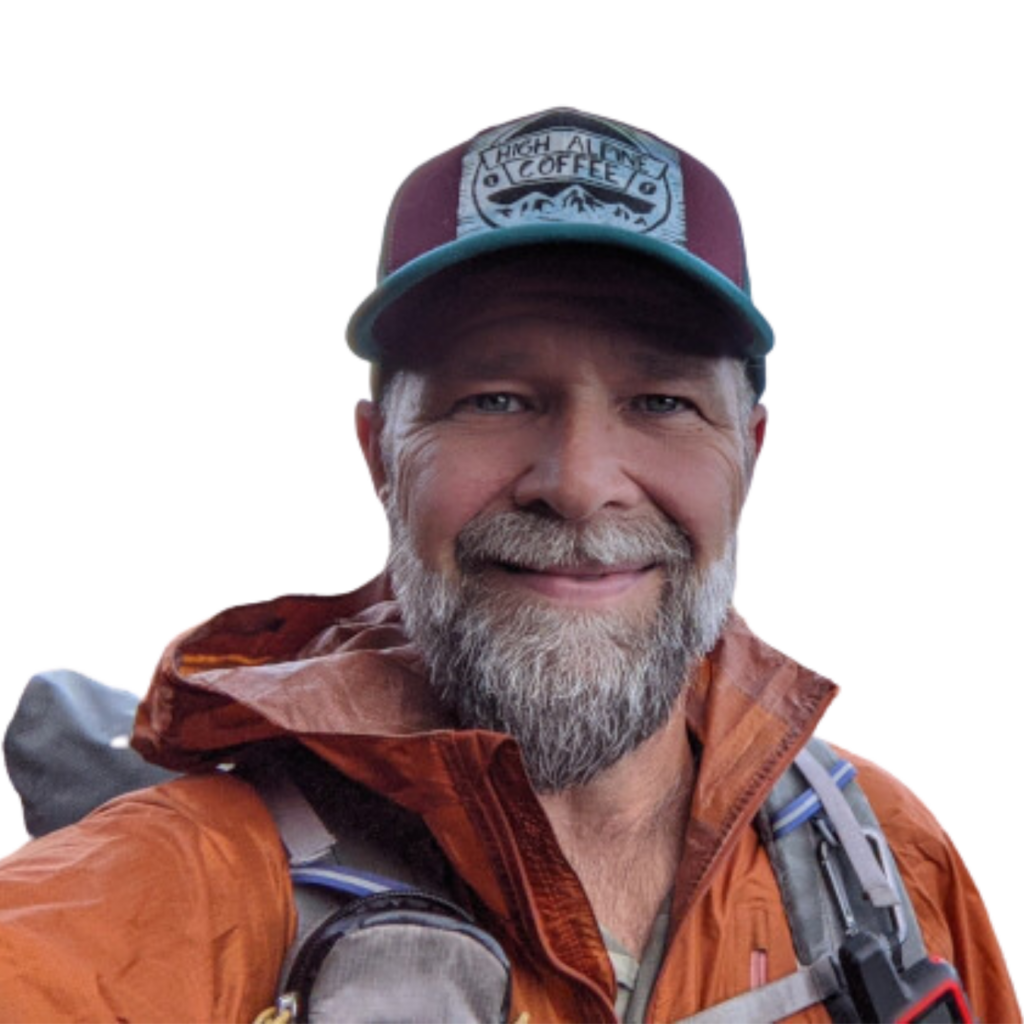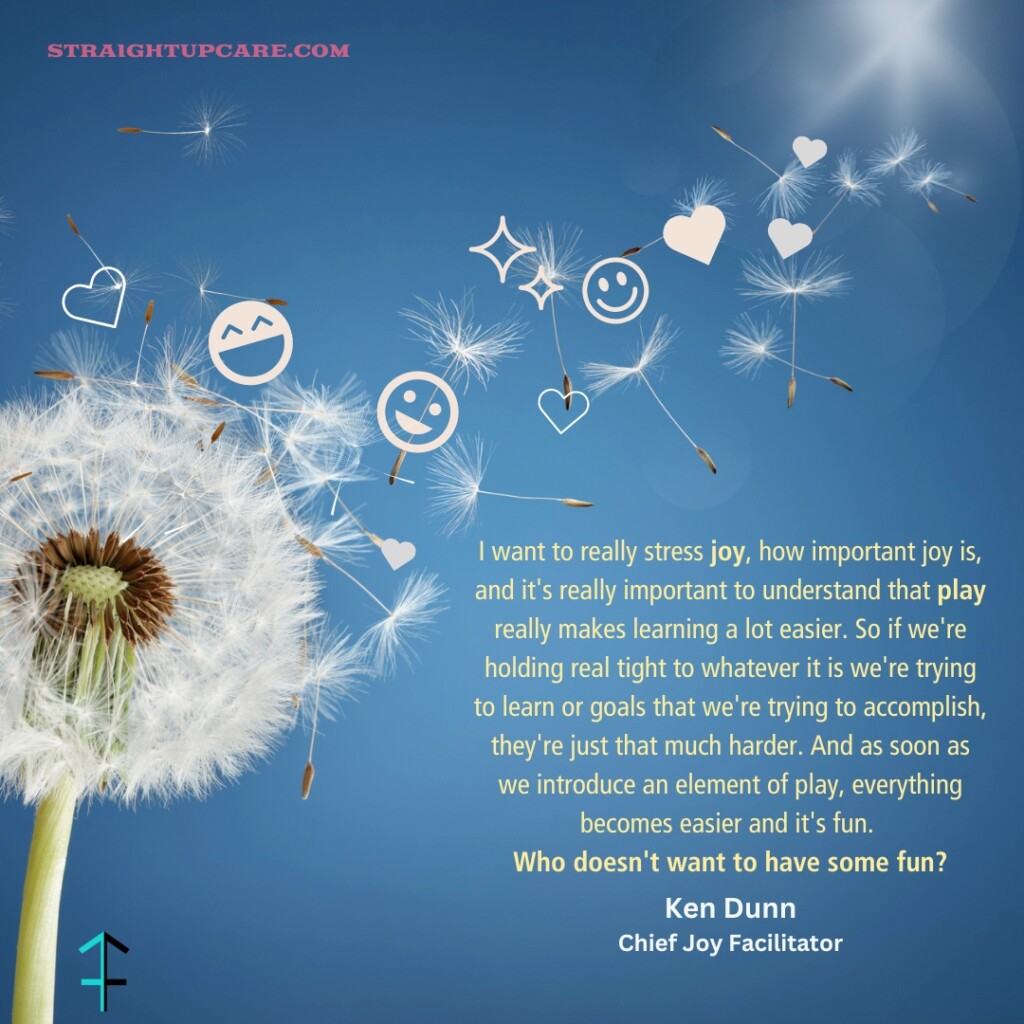Toni Morrison, Peer Support Specialist | Reduce The Stigma - Meet The Peer
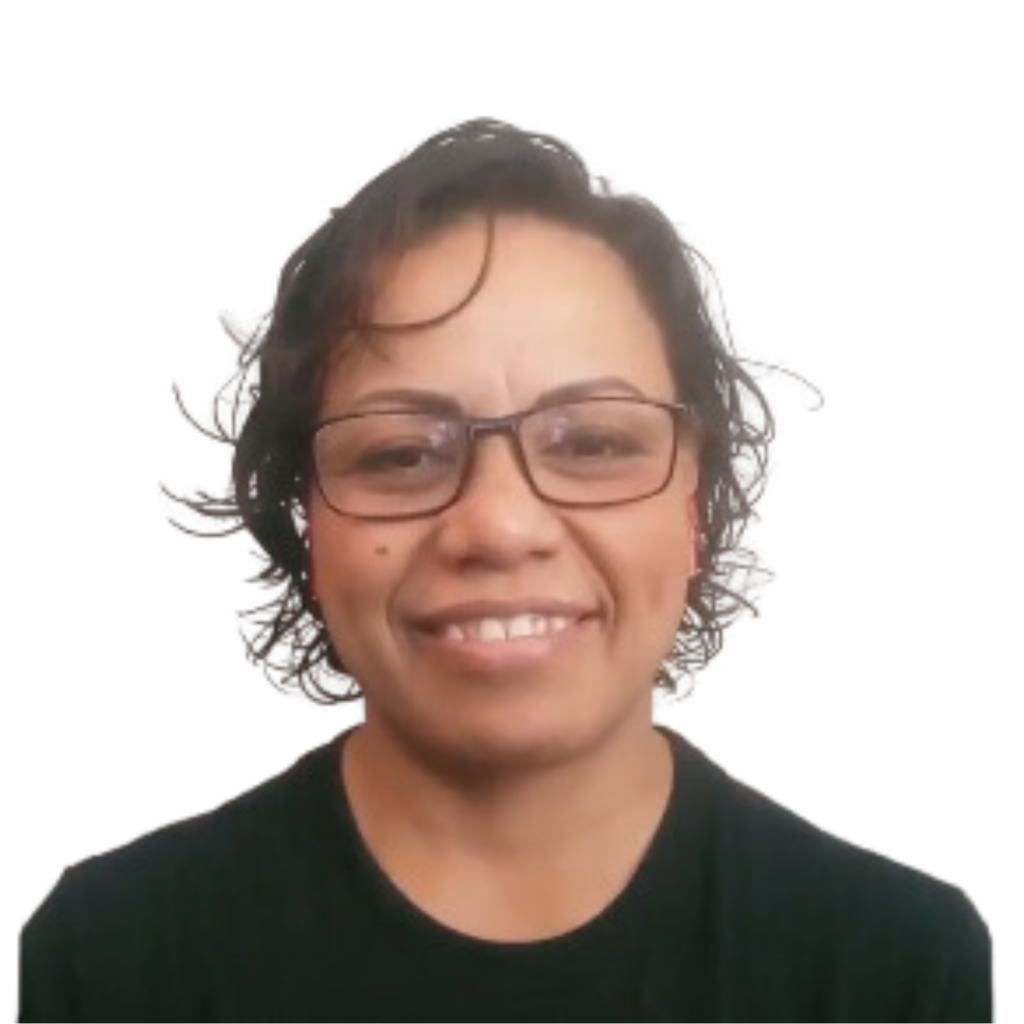
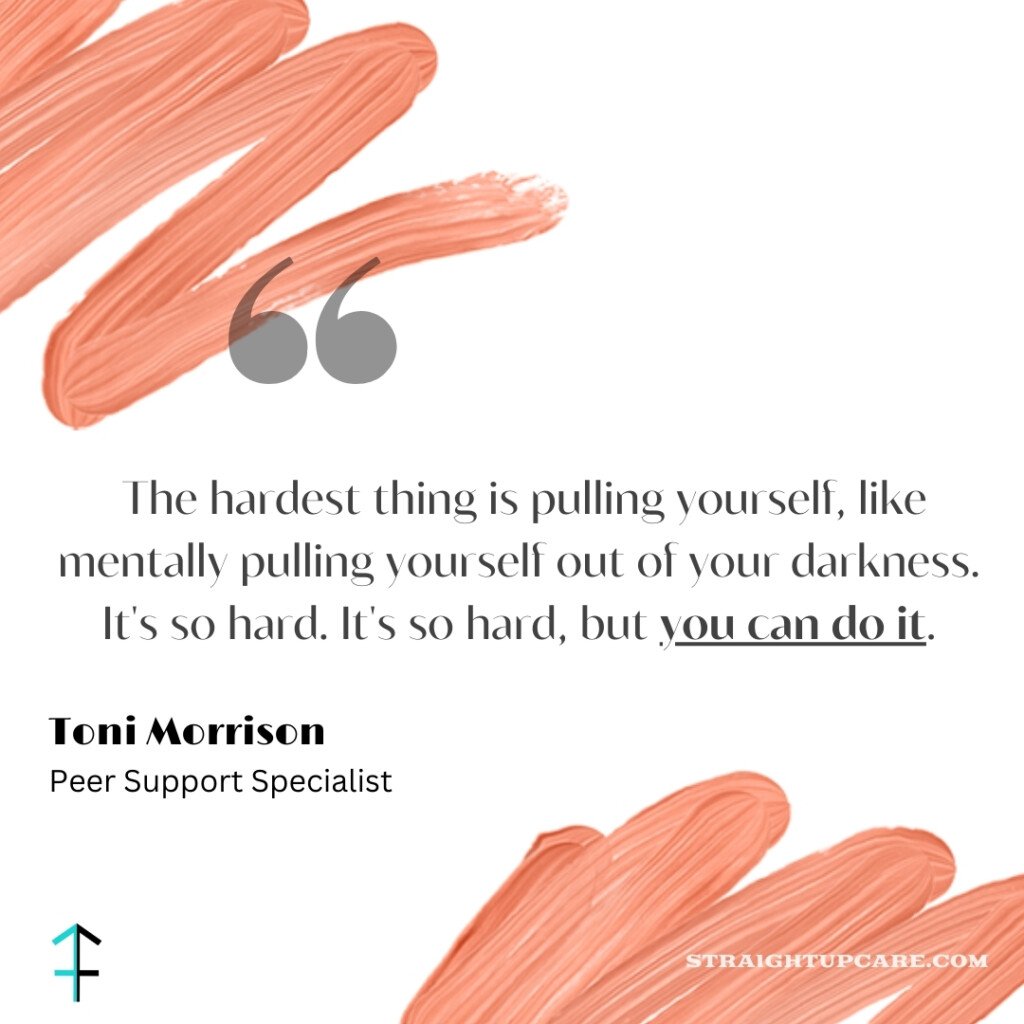
In this episode of “Meet the Peer,” host Whitney Menarcheck sits down with Toni Morrison, a Peer Support Specialist from South Dakota. Toni shares her powerful journey from battling addiction and facing legal challenges to embracing recovery and becoming a beacon of hope for others. Discover how Toni’s lived experiences and resilience have shaped her into a compassionate peer specialist dedicated to helping others navigate their recovery journeys.
Connect with a peer specialist: https://straightupcare.com
Click here for the episode’s full transcript.
Make sure you never miss an episode of Reduce The Stigma by subscribing on your preferred platform
How to Watch
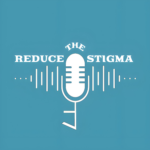
Watch on any device on ReduceTheStigma.com
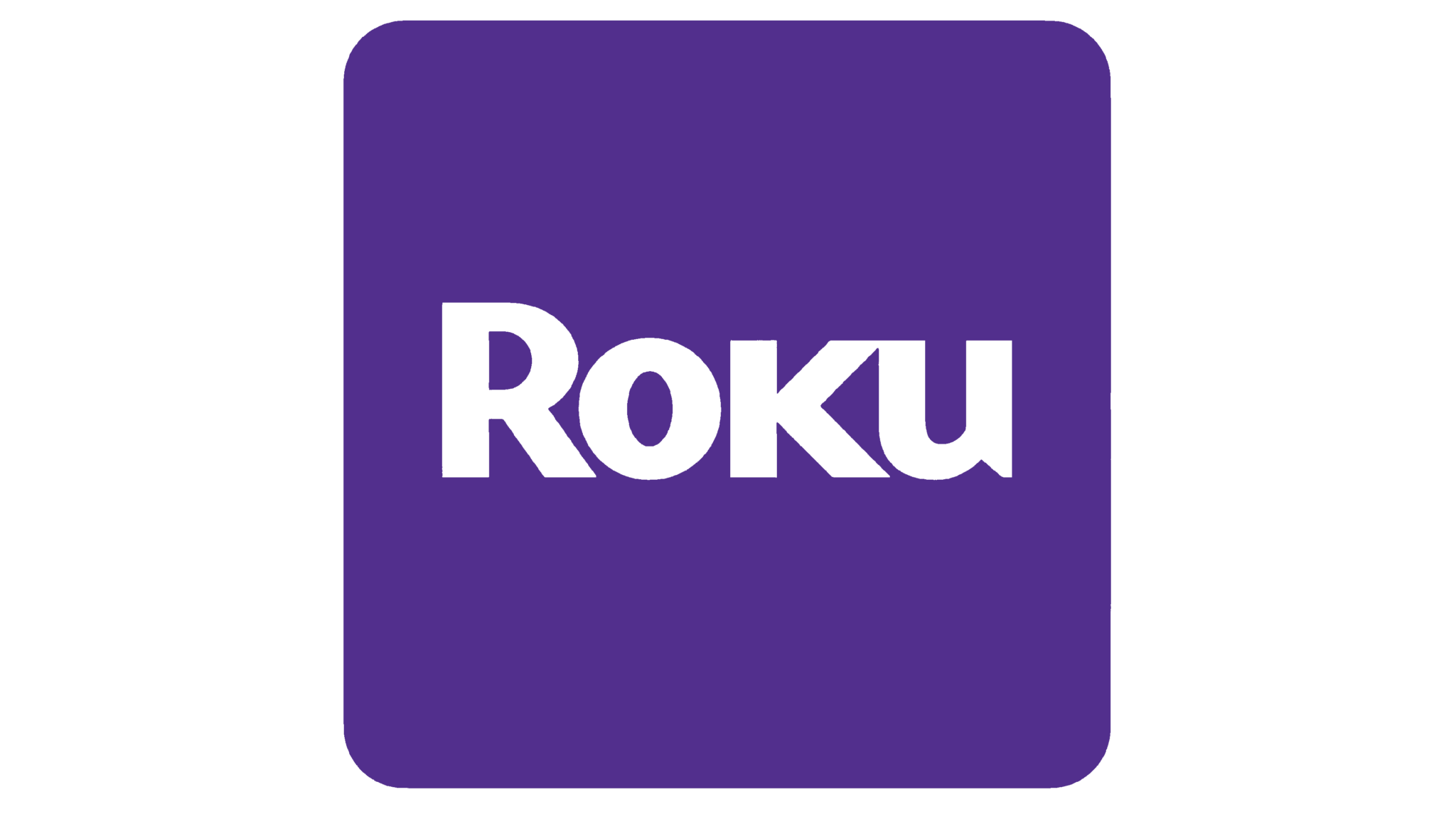
Install and Watch all Episodes on Reduce the Stigma RokuTV Channel

Install and Watch all Episodes on Reduce the Stigma Amazon Fire TV Channel
How to Listen
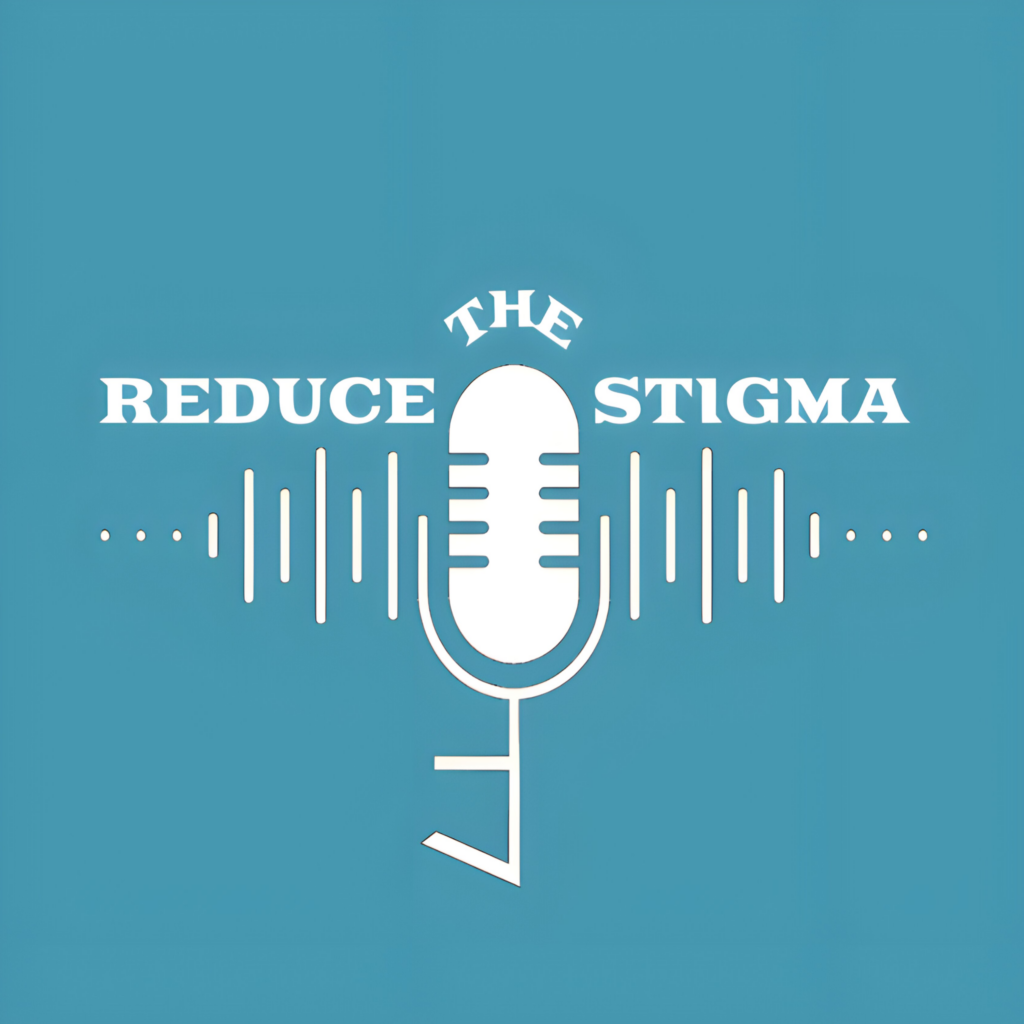
Our Podcast Website on Podops!
Listen on Apple Podcasts!

Listen on Spotify!

Listen on iHeart Radio!

Listen on YouTube Podcasts!
Follow Straight Up Care
Transcript
Whitney (00:05)
Hello and welcome to Meet the Peer, a special series where we shine the spotlight on peer specialists. Meet the Peer is brought to you by Straight Up Care. With a mission to empower peer recovery professionals, Straight Up Care provides a multi-use platform and resources for peer specialists to share their lived experiences and build a positive connection with those in the recovery community. I’m your host, Whitney Menarcheck, and on this episode of Meet the Peer, we have Toni Morrison, a Certified Peer Specialist in South Dakota. Welcome Toni!
Tanya Morrison (00:38)
Thank you. Thank you. Thank you all for having me.
Whitney (00:43)
So excited to have you here and I can’t wait to learn more about you. And let’s just start with your lived experience, your journey to today.
Tanya Morrison (00:57)
I am in drug court. I had an abusive childhood growing up. I thought I got over that. I had my children and they helped. Children help a lot when you have them. I was with my kids but that’s what got me into active drug addiction. I just, and I lost myself. I lost myself in my addiction. And I was in and out of jail, running away from my warrants. And like, this is what the fifth time was last year, was the fifth time I was in jail because of my warrants, because of my drug use. And I was just tired of it.You know, I wanted to be a mom again. I wanted to be an adult again. And so I decided to go, I decided I was gonna get treatment and get myself better. And so here I am.
Whitney (02:13)
Here you are. And you said you are in drug court. Can you give a kind of brief explanation of what that means?
Tanya Morrison (02:22)
The drug court is basically like the last resort to either get better or go to prison. And I’m not, I’m from the South Pacific. I’m a Pacific Islander. I was not born in the United States. If I go to prison, I get deported back home. And I can’t have that. I can’t have that for myself. And I mean, my kids are here. And if I go back home, I won’t be able to ever see them for what, 10 years? Um, that wasn’t the only reason why I joined drug courts. I mean, I wanted to be better. I wanted, I didn’t want to do drugs anymore. I was tired of the lifestyle. I was tired of just seeing how other people were in drug addiction. Like it’s tiring. It’s, it’s, um, it’s almost hopeless. I lived that life. You know what I mean? Like you wake up every day and you just.
Whitney (03:18)
Absolutely.
Tanya Morrison (03:19)
You know, you want to have a better life, but then you keep using drugs, then it’s like, when does it stop? It’s just every day, it’s just the same thing, different days. And I just, I don’t know, I wanted to have a better life. Because I remember having a better life. I remember, you know, I had a good life with my kids, and my kid’s dad . Heartache. Heartache, man, can really, um, can really, uh, how do I say this? I can explain it, it’s just like you can’t breathe, you know, and you just want to forget. You just want to forget.
Whitney (03:58)
Absolutely and so you had this decision then, you said about a year ago, and that led you to drug court and it had that means a little bit different programming.
Tanya Morrison (04:17)
I needed the structure. The hardest thing for me I think was admitting that I can’t get better without help. You know, I thought I was a functioning addict. And now, now today I realize I just, I don’t, no one wants to just function. They want to live. You know, I try to remember how I thought that, but I barely remember my days. The same thing over and over again. I thought I could cherry pick my life. You know, I could still use drugs as long as I go to work. I could still use, but it doesn’t work. It doesn’t work that way. You’re calling in sick all the time. You don’t show up because you know, you overslept. It doesn’t work. And that was really hard for me to admit that I can’t do this on my own. And for me, I need structure. I need the challenge. I think just the challenge of going to my programming, you know, going to work, being on time, all that, I just, I need that to get better. And it works. It does. I need to choose to do it. That’s what drug court does structure keeps me accountable for sure.
Whitney (05:28)
Yeah, That’s great. Right. And structure is particularly important for many people. I just certainly don’t want to say it works for everyone, but for many people at that beginning of recovery, when your chemicals are kind of rebalancing, you have to kind of, you know, restructure your day. What used to maybe revolve around use or thinking about use is now all this time and that can be a little overwhelming. Uh, so sometimes that structure can really kind of help whenever, like just be that there’s that guiding path.
Tanya Morrison (06:16)
I kind of compare it to just raising your children. You want your kids to grow up with structure, have a routine, do homework at this time, get home, do homework, have an hour of play. Having that structure helps kids grow up to be better adults. I compare my recovery to raising my kids. I taught them this and I should be able to do it myself. You know, this is me, my recovery right now is me telling my kids, because I mean, they’ve seen their dad, they now see me in like with my addiction. And I want, I’m doing this to show them like everything I taught them about structure growing up is, you know, I’m doing it in my recovery. It doesn’t have to just be raising a kid in everything that you do in life.
Whitney (07:08)
Absolutely. And now you have a big day coming up on Wednesday, a graduation. Can you tell us a little bit about that?
Tanya Morrison (07:20)
I’m very excited. I don’t know, I feel I’m getting certified to be a peer support specialist. I really feel like, like I said, I had a rough childhood. I didn’t really start my drug addiction until about six years ago, but I feel like because of my rough childhood, I almost feel like I was meant to have this drug addiction so I can know why people…who’s had a rough childhood, who’s been through abuse, sexual abuse, or just growing up with all that, why they become drug, why they use drugs to cover that up. For me, it was just heartache and the grief of breaking up with my kids’ dad and what I went through with that, that got me into drug use. But I understand now, I see both sides, so to speak. And…I don’t know, being a peer support specialist, I feel like this is like, it’s my destiny. Like it’s what I’m meant to do because I love helping people. Like it’s my, I just love it and I’m just excited to be a peer. I’ve said this from when I first heard about it, I’m going to be a peer support specialist and that’s what I’m going to do. So here I am.
Whitney (08:45)
That’s right. Just two days away from it being official, which is so exciting. And how would you describe peer support to someone who’s not familiar with it?
Tanya Morrison (09:02)
I would say it’s someone who is going to be open-minded, who knows your struggles, who knows what you know. They might not have the same trauma as you, but they know the feelings or the emotions behind those traumas. You know, someone that’s going to be there to encourage you and just give you encouraging words, but yet be honest enough to tell you when you’re doing what you’re not doing what you should be doing. You know? Someone that’s going to be honest, honest and encouraging at the same time. You know, I feel like, I don’t know, peer support should… It’s someone that’s going to be kind enough to tell you when you’re doing wrong and then kind enough to give you encouraging words. It’s just going to be there step by step with you. They’re not going to do the work for you, but they’re sure going to be there for you.
Whitney (09:55)
Right? The person has to do that work and yet having that guide can really be the deal, the thing that changes it from someone who’s been unsuccessful previously and then whenever they can have a peer, someone who’s been there kind of makes such a big difference, don’t you think?
Tanya Morrison (10:16)
It does. I got out of jail last year and I was at the arch. I just remember being so overwhelmed and having all this fright. Okay, I got to get a job. I got to get a place. I got to have three months to do it. I still got to go to programming. I was worried about missing my UA’s because we call this color hot. It’s like a UA hotline that you call it. It tells you your color. If they call your color, you got to go downtown to the courthouse and you know to a UA. All that was just, oh my gosh, like, you know, how am I going to do this? And I don’t know. I remember being so overwhelmed, but not having anyone there. Like, I know I had my PO and my counselor, but I don’t know. It’s just nice to have someone that has your lived experience and who knows what you’re going through. Say hey, you know, take it day by day. Every 24 hours counts for sure.
Whitney (11:21)
Absolutely. And yeah, you may have a PO or a counselor. They haven’t been through the pressure of, okay, you have to get in for your UA, you have to get the job, you have to do X, Y, and Z. And that, like you said, use the word overwhelming. And I think that is just something that people don’t recognize is how much is put on someone at a very vulnerable part of their recovery and then to have someone who’s like, yeah, I get it, been there. And I got through it. There’s hope, there’s inspiration and so what is the thing you are most excited about as you become a peer specialist?
Tanya Morrison (12:09)
Oh, what am I most excited about? Let’s just help that first person that I’m gonna help. I remember, I know how someone can lose themselves in their addiction. I’m excited about helping someone find themselves again and still deal with the changes that recovery brings. That’s what I’m excited about. Because for me, I’m very selfish in my recovery and I find that helping others helps me work on myself, if that makes sense. Like, so, and I work on myself so I can help other people. And this is definitely the job for me. I’m also very excited. I’m also very excited about where that first person invites me to, I don’t know, speak for them when they graduate from drug court,
Whitney (13:08)
That’s exciting.
Tanya Morrison (13:19)
I had an impact on him and I can’t wait for that day to happen. [laughter]
Whitney (13:25)
And I have no doubt that it will. That’s, yeah, that just being there. And when you help someone to accomplish something, I don’t know, in some ways it can be better than some of your own personal accomplishments.
Tanya Morrison (13:42)
I can already, like, I’m like, I can’t wait. I’m an emotional person.
Whitney (13:45)
[laughing]
So, you just said you’re an emotional person, but you also are clearly very genuine and caring. Is there anything else that people should know about you and what they could expect working with you as a peer?
Tanya Morrison (14:09)
I’m very blunt. Like you say I’m genuine and I am. Like I care for people. I’m sincere about it. You know? They can just expect when I say that I’m gonna do it, I’m gonna do it. I’m more… I show by action rather than talk. Like I’d rather tell you about it because I’ve done it. You know what I mean? I don’t like to say I’m going to do this, I’m going to do that and not do it. So I like to do it and they were like, hey, this is what I did. I’ll always, I’ll be there. You know, if I say I’m going to do it, I’m going to do it. That’s what they can expect from me. You know, you tell me what you need, I’m going to do anything and everything in my power to help you get to your next goal.
Whitney (15:02)
That’s wonderful. Step by step, yep. And you’ve mentioned you know your history with addiction. Are there any other life experiences that you will offer support for?
Tanya Morrison (15:03)
That’s all. Um, like sexual abuse and stuff like that? Is that what you mean? Yeah. Oh, yeah. Yeah. Um, so my childhood, like, I don’t know. Children are the most defenseless people in the world. You know, when you’re a child and you go through abuse, you can’t really run away from that. You can’t. It doesn’t really matter.
Whitney (15:23)
Whatever, yeah.
Tanya Morrison (15:46)
They take you out of that home, they put you in foster care. It’s like it’s everywhere that you go and you can’t run from it. And it’s only when you become an adult and what you do about what happens to you, you know. I feel like I kind of counseled myself when I became an adult on my abuse. Instead of just totally going downhill and just being whatever, I guess it’s with having my kids kind of like grounded me. And I wanted my kids to have what I didn’t have. I wanted to be the mom that…I wanted my mom to be with me. I guess it’s for women who have lost their children. I can help with that. Any emotional trauma you’ve been through, I got you. I guess is what I’m saying. I have a lot of empathy with people who have been through grief and loss and just abuse.
Whitney (16:49)
Yeah. Right.
Tanya Morrison (17:01)
You know, just a sense of like, I don’t know, I guess I could have lost myself with my abusive childhood, but I didn’t. I just, I know how it is. I know how it feels and I know the emotions people go through and I just, you know, let me help you. It’s so hard, it’s so hard. There’s still days I still wake up and I still think about back in, you know, back when I was a child and it’s like, you know, if you just, if you let yourself fall into those memories and…It’s really hard to get yourself back out, you know?
Whitney (17:48)
Absolutely. And here you are ready to help others get out.
Tanya Morrison (17:56)
Yes, yes, that’s the hardest thing is pulling yourself, like mentally pulling yourself out of your darkness. It’s so hard. It’s so hard, but you can do it.
Whitney (18:09)
Absolutely. And when people don’t know, you know, the invisible kind of injuries that we all carry with us, it can be very lonely.
Tanya Morrison (18:23)
You know, I have scars on my legs and I used to hide my legs. I wouldn’t wear shorts and stuff. And then finally I was like, you know what? I’m wearing shorts. I don’t care. Cause those don’t define me, you know? When I tell people, I say, if you could see the scars that you can’t see inside me, I’d be hideous. You know what I mean? And it’s just, I gotta hold myself up. Hold my head high and all that. I’m beautiful inside out. You know.
Whitney (18:56)
Absolutely, that’s right and, you know, there’s so much with recovery from addiction, but also with trauma, with involvement in the justice system that people judge. There’s a lot of opinions out there and there’s a lot of stigma. What would you like to say to someone or to just challenge stigma?
Tanya Morrison (19:27)
I don’t think it’s ever right to disrespect someone because of the mistakes they’ve made in their life, you know? For me, to challenge someone because of stigma, I would say, why don’t you try to see what they’ve done because of their mistakes. Your mistakes shouldn’t define you. It’s what you do about those mistakes that people should judge you on. We’re only human. People are going to judge regardless. I can only use myself as an example. I’m here having this interview with you rather than out feeding my addiction. So it’s just, I think people should look at what other, what someone is doing to better themselves rather than what they did, you know, to put themselves in prison or, now what they did is what they’re doing now, day by day.
Whitney (20:24)
Right. And for the person who’s listening to this and going through their own tough time right now, what would you like them to hear?
Tanya Morrison (20:38)
I would like them to hear. I want them to know that they got this. At the end of the day, no one’s going to make your choices for you but you. And if you want to get better, you have to make that choice to get better. You got to take that step. You can’t sit back and think about getting better because it’s not going to happen. I mean, intentions like this, you have to have actions to follow those intentions. You know, you can do it. You can definitely do it. It’s hard. And it’s lonely, because you have to have those boundaries. But you can do it. Those boundaries will save your life and you’ll thank yourself later for them. You’ll end up saying, hey, I like being alone. I like being sober. But definitely, no one’s got you but you.
Whitney (21:30)
I’m gonna go.
Tanya Morrison (21:38)
believe in yourself. You are enough. You are brave. You got this.
Whitney (21:45)
What a great message. Well, Tony, thank you for taking the time to share your story, for being willing to open up. It’s just wonderful to meet you.
Tanya Morrison (21:59)
I appreciate you. Thank you so much.
Whitney (22:02)
And for, no, absolutely my pleasure. And for anyone who’s listening and may be interested in receiving peer support services from Tony, just visit the link in our show notes. And if you enjoyed this interview, please share it with friends and family to help more individuals hear the remarkable stories of peer specialists like Tony. On behalf of Straight Up Care, thank you for joining us.
Tanya Morrison (22:03)
Thanks for having me.
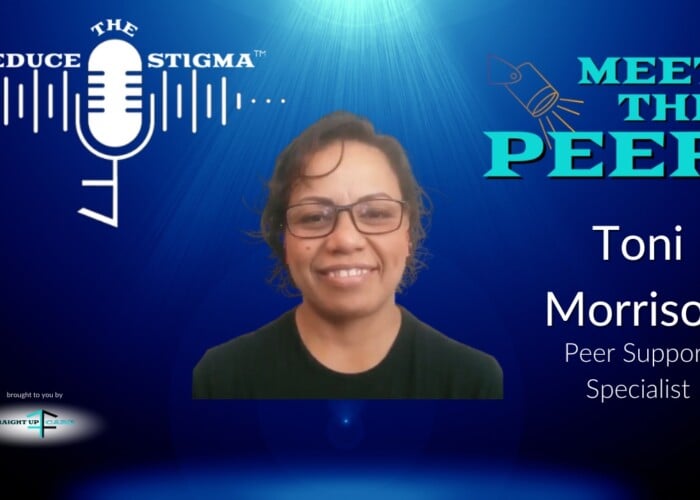
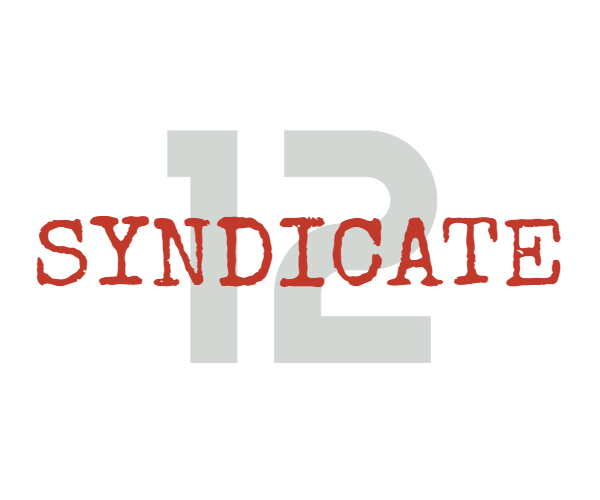
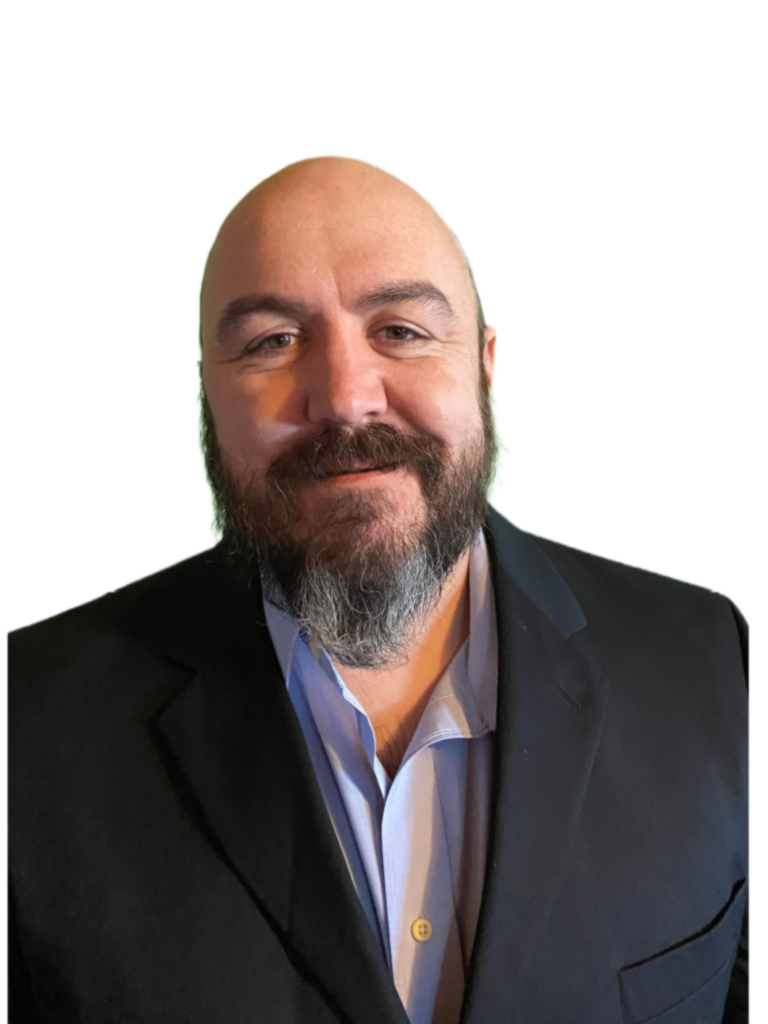
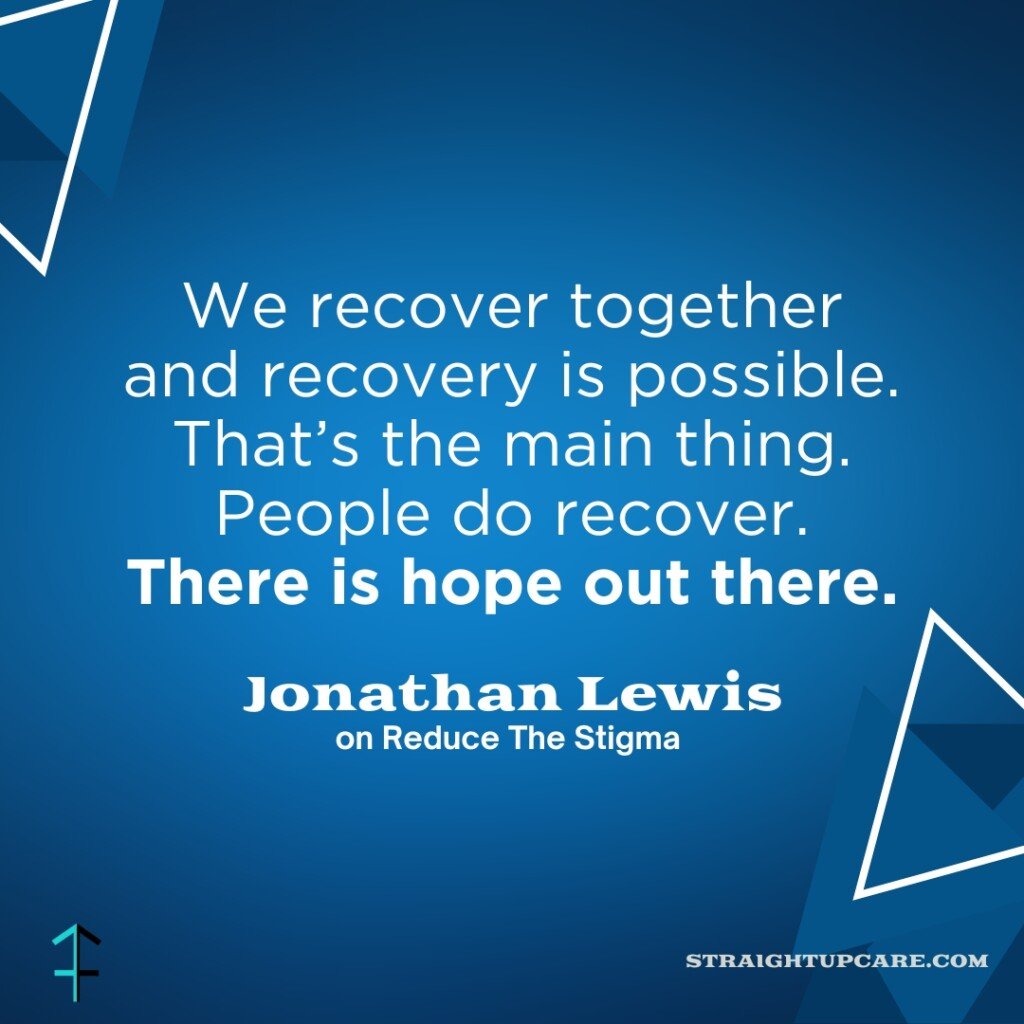
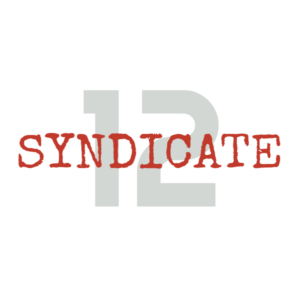
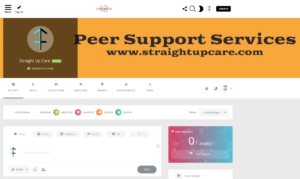
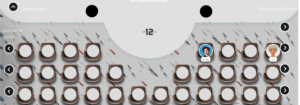
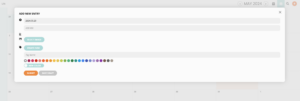
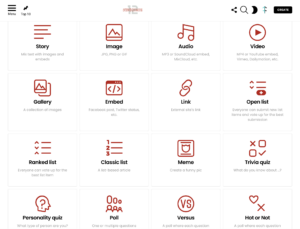 Creating Abilities
Creating Abilities